By Ivy Chumo, Abu Conteh, Smiriti Jukur, Lilian Otiso, Samuel Saidu and Linda Waldman
In recent years, the term ‘informality’ has become increasingly popular. Urban informality refers to that which is not formal and is closely linked to terms such as the informal economy, informal settlements, informal work, housing and governance. ‘Urban informality’, Roy argues, is “a state of exception from the formal order of urbanization”. Thus, urban informality is often confined to the urban poor – informal settlements are not formally acknowledged or regulated by local or city authorities, and residents often lack title deeds. Additionally, housing in informal settlements is not laid out along planned roads and residents usually do not have access to state-provided health, water, sanitation, electricity, or other city services.
Economic informality refers to unregistered workers or companies operating outside of the formal economy, not paying taxes and/or avoiding formal employment regulations, such as street hawkers, waste recyclers, street cleaners, and meat/vegetable sellers.
Informality in relation to governance assumes “the state as the formal legitimate actor and other (non-state) actors as being at the origin of informality”. Examples include community committees, landlords, political parties, gang leadership, support groups, women’s organisations, collectives, and traditional or indigenous leadership. Informal governance actors are often not elected, instead they emerge to address specific service gaps such as water, road maintenance and the delivery of transitional justice.
Informality is usually seen as a problem, as undesirable, haphazard, dirty even and as a challenge to development. It does not align with modernization or with the imagery of modern cities. Informality is also believed to reduce government incomes, to encourage poor governance outcomes, to increase inequality and poverty, and to undermine productivity. In ARISE’s research in informal settlements, researchers encounter informality everywhere. In contrast to the above views, ARISE researchers see informality as a positive force in relation to urban development challenges such as unemployment, housing problem and access to services. This, coupled with inspiration from Ledeneva 2018, who challenges academics to question the assumptions associated with informality, has led us to think about our research findings and to ask, is informality always informal?
In this blog post, we share ARISE examples that show that the accommodation, governance, and economic processes that happen in these settlements are seldom haphazard, unregulated, and ungoverned.
Informal arrangements offer formal support in Bangladesh and Sierra Leone
During the Covid-19 pandemic, the informal settlements of Dholpur, Shyampur and Kollyanpur in Dhaka City, Bangladesh, were overlooked by formal government responses. ARISE research has documented examples of informal collaborations and arrangements between formal and informal actors in filling this gap. For example, Community Health Workers (CHWs) and frontline workers (FWs), recruited from the community, were trained by NGOs and assigned for official Covid-19 information dissemination and distribution of relief (food and cash) and hygiene materials (masks, soaps) to marginalised people in informal urban settlements. CHWs/FWs worked closely with informal actors, such as local community-based committee members, community leaders and youth and sought their support when needed. Local youth volunteers took local initiatives, supported by community leaders and, in some cases, assisted CHWs/FWs in information dissemination of official Covid-19 messages.
In Sierra Leone, the ARISE Hub works with the informal settlements of Moyiba, Dwarzark and Cockle Bay, in Freetown. These settlements are governed by a mix of formal governance actors (government institutions and elected members) and informal ones (tribal chiefs, area chiefs, and community chiefs).
Informal or traditional leaders inherit their positions according to strict rules of, and procedures for, progression, which are enshrined in law. Older informal settlement residents revere and respect their chiefs, seeing them as the highest political authority and at the centre of community development. Yet younger migrants, who have come to the city in search of better lives and who find themselves living in deplorable conditions, are less satisfied with these chiefs. Because of this informal leadership, there is no sense that elections shape conditions in Sierra Leone’s informal settlements.
At the same time, however, residents are encouraged to vote as members of larger urban constituencies. These votes offer no economic or governance advantages, no protection, nor the upgrading of informal settlements. Instead, residents are under constant threat of eviction, as their settlements are deemed illegal and informal.
Freetown’s City Council, formally responsible for primary healthcare and sanitation, overlooks these informal settlements. Indeed, during the covid pandemic, the Sierra Leone government relied on chiefs to disseminate information about the necessary health measures and to ensure compliance of these. Despite not having an official mandate, or government support, training and financial investments, chiefs worked to protect their communities during the covid pandemic and to project the government’s health messages.
These covid-19 responses in informal urban settlements demonstrate how formal-informal collaborations provided a very formal system of support and solidarity for informal communities in the absence of formal government support systems, thereby mitigating the devastating effects of the pandemic on urban informal settlements.
Informal governance arrangements support community development in Kenya and India
In Nairobi, Kenya, the informal settlements of Korogocho and Viwandani have complicated formal and informal arrangements. Korogocho was formerly a rural village that found itself next to the rapidly developing city. The resulting informal settlement now encompasses the formal rural home of the residents. In contrast, Viwandani has developed around pre-existing formal industrial areas, providing accommodation for industrial workers.
In Korogocho and Viwandani, informal leadership structures, such as women leaders, Community Advisory Committees, and social workers, were considered by residents to be more knowledgeable about local conditions, more resilient, dedicated, and efficient than those formally responsible for delivering services. These informal leaders’ activities were also community-focused, ensuring that children attended school, that resources were equally distributed within the informal settlement, and creating a safe environment. Even so, these relationships were couched in formality: young people could not simply approach more senior Community Advisory Committees; Women Leaders could not insist on being included among the village elders.
Under the auspices of ARISE, the informal settlement community members and community organisations partnered with formal research institutions to conduct research that influenced the creation of a Special Planning Area (SPA) and resulted in joint community and government investment to improve infrastructure, access, and health care in the Viwandani area.
In India, relocation colonies have been identified as being part of a continuum of informality. These housing colonies accommodate families displaced from informal settlements because of development projects (usually large-scale infrastructure projects designed to achieve a modern city). ARISE partners in India are examining the diverse aspects of formal-informal systems in Mumbai and Ahmedabad.
In Ahmedabad, which lacks any policy frameworks for overseeing relocation and sees informal settlements as illegal and informal, these communities remain disengaged, disenfranchised, and informal, even post-resettlement.
In contrast, in Mumbai, where informal settlements and their informal leaders are acknowledged, and formal governance procedures are in place for rehabilitation and resettlement, there are opportunities to enhance community participation and address development challenges. Having a formal approach to relocation colonies can also assist in the development of formal accountability structures in the new settlements and the formalisation of informal tenure.
Reconceptualising Informality
The very definition of informality is defined by negatives, by what is perceived to be lacking, rather than by what these activities do or have. Our ARISE research demonstrates that focusing on the negatives does an injustice to so much that is defined as informal. Continuing to define informality as a lack of formality and exclusion from mainstream obscures the very formal, and often systematic processes, procedures, and principles which underlie informal arrangements. It also obscures the value that informality provides to cities and to formal structures and arrangements. This includes the provision of low wage workers for factories and homes and the presence of informal leaders, who can be relied upon to assume responsibility in emergencies and for community development. By obscuring and not acknowledging the formality and value of the informal, decision-makers are able to avoid taking responsibility for particular categories of citizens.
There are a range of legal and bureaucratic structures dictating the roles that informal leaders such as chiefs, community advisors, and CHWs can take. There are also questions of protocol and behaviour, shaped by power and socio-cultural norms. To assume that the informal is indeed haphazard and unstructured is, quite simply, wrong. Rather, in a world that appears chaotic and outside of formal control, there are a myriad of ways in which urban informal settlement residents’ lives are structured. This too is a world in which social rules regulate behaviours and in which procedures structure people’s actions and experiences, often in ways knowledgeable about available resources and supportive of development initiatives in informal settlements. As our ARISE partners succinctly put it: “The notion that the informal is not rule-based, structured, and predictable and that it is beyond the reach of official governance processes is challenged by our research”.
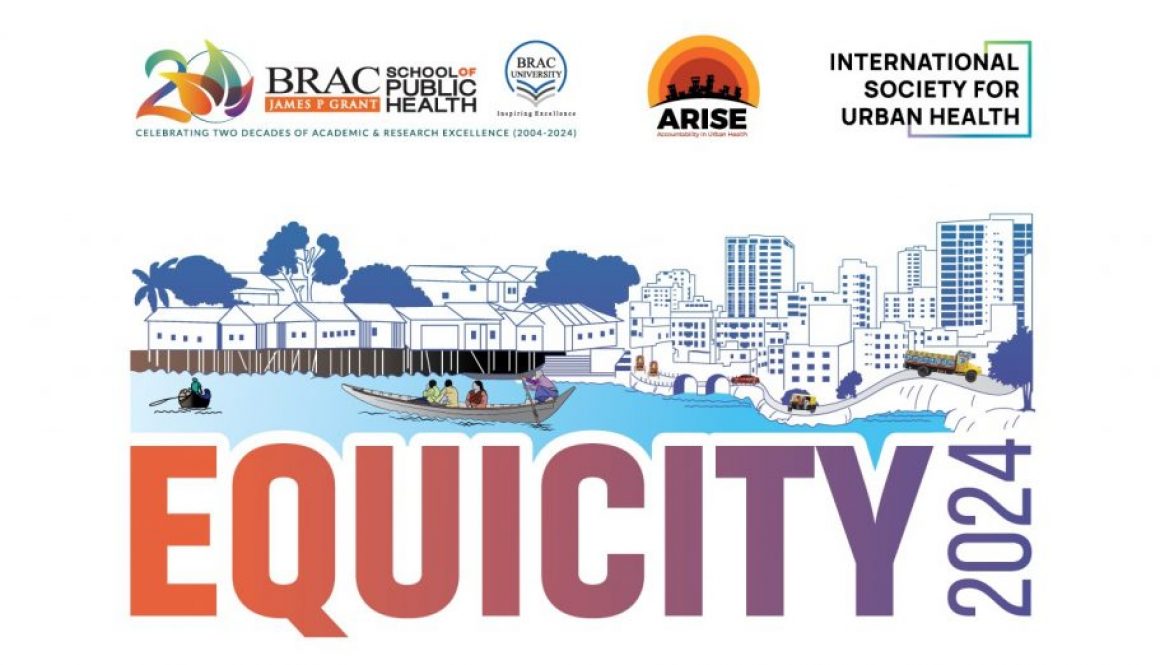
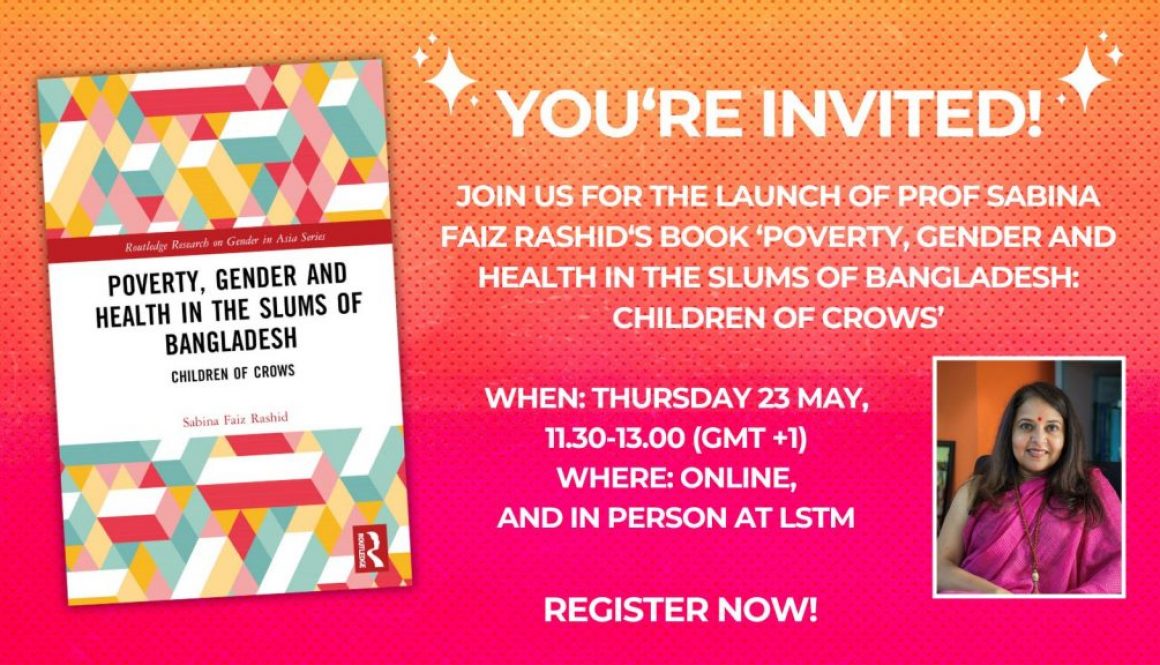
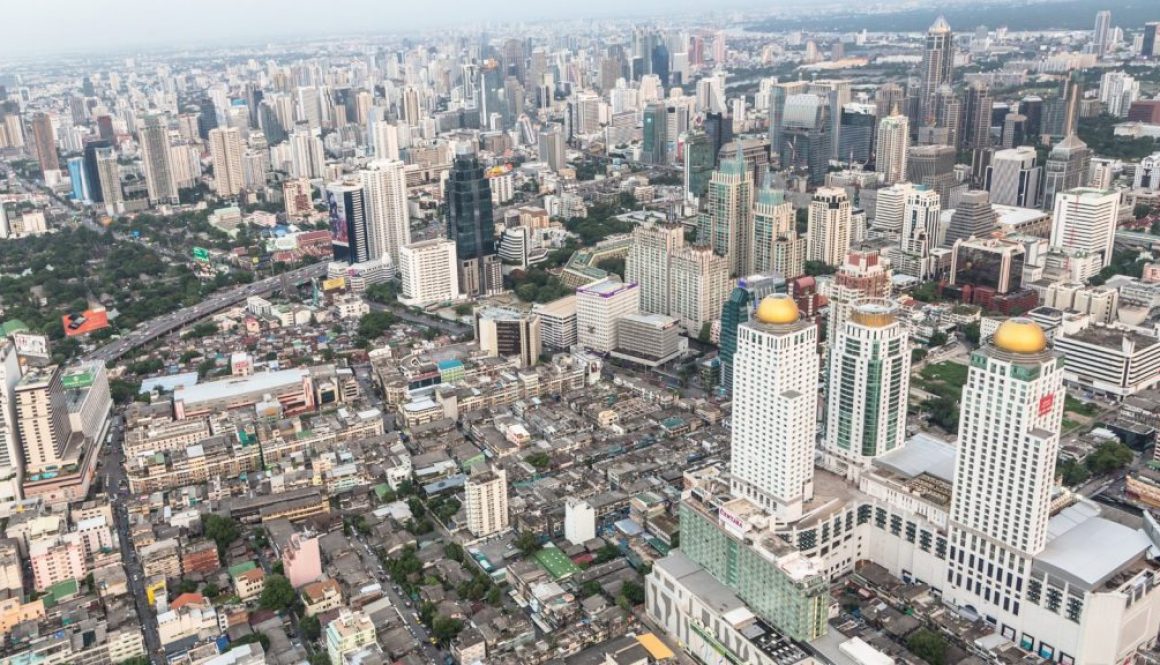
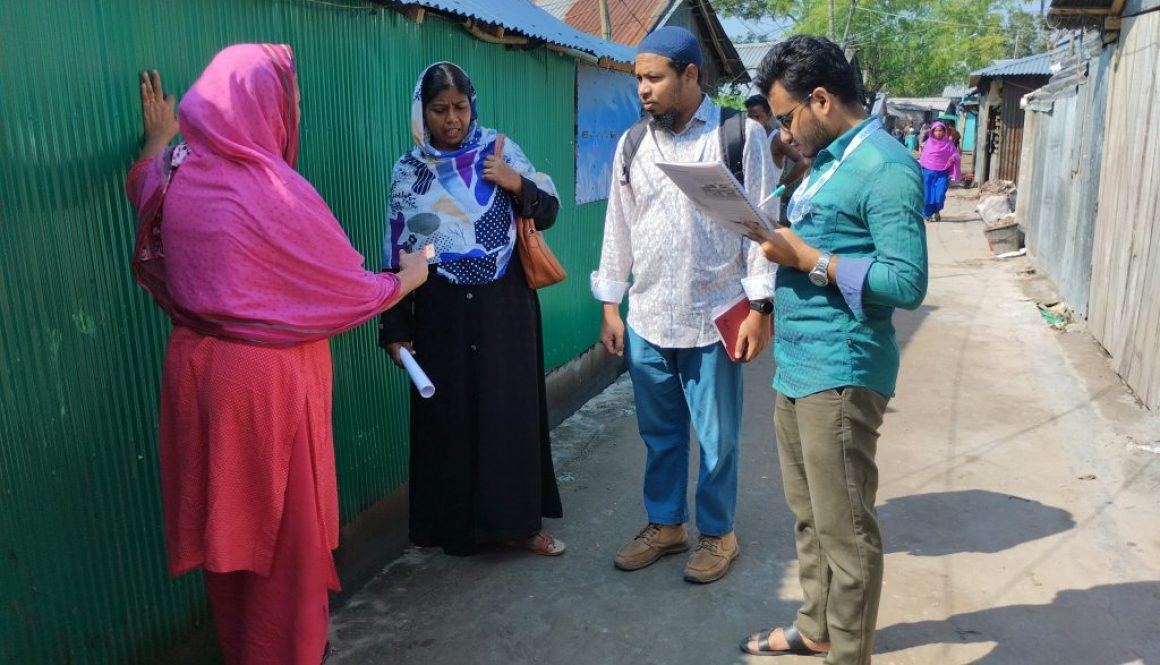
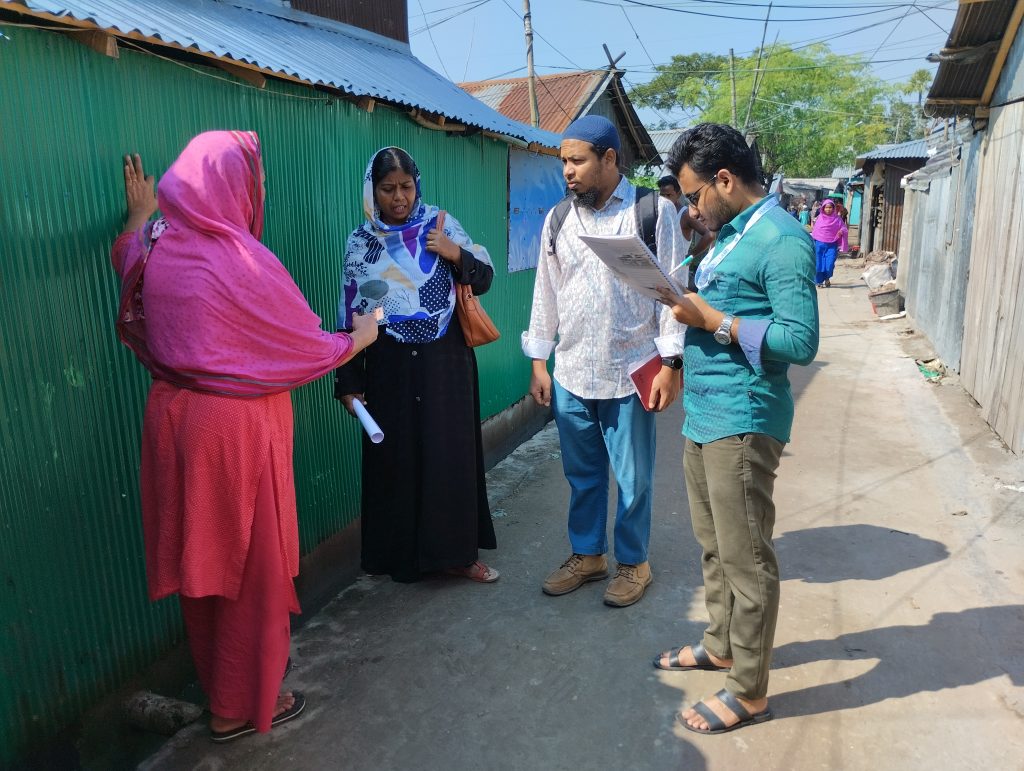
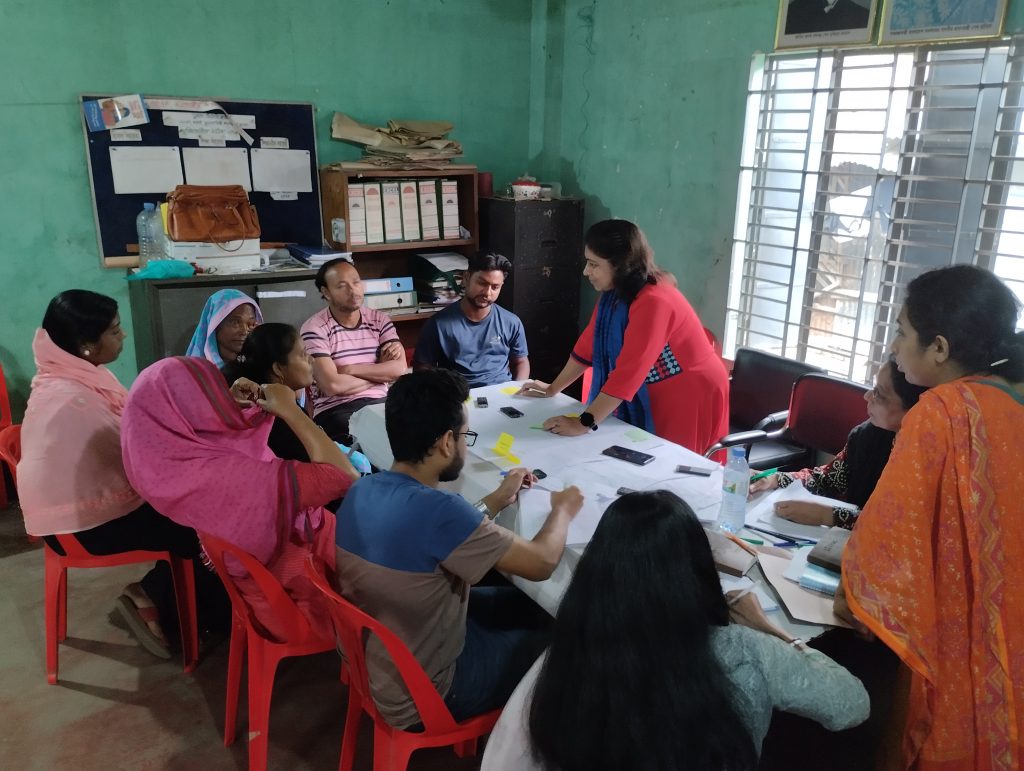
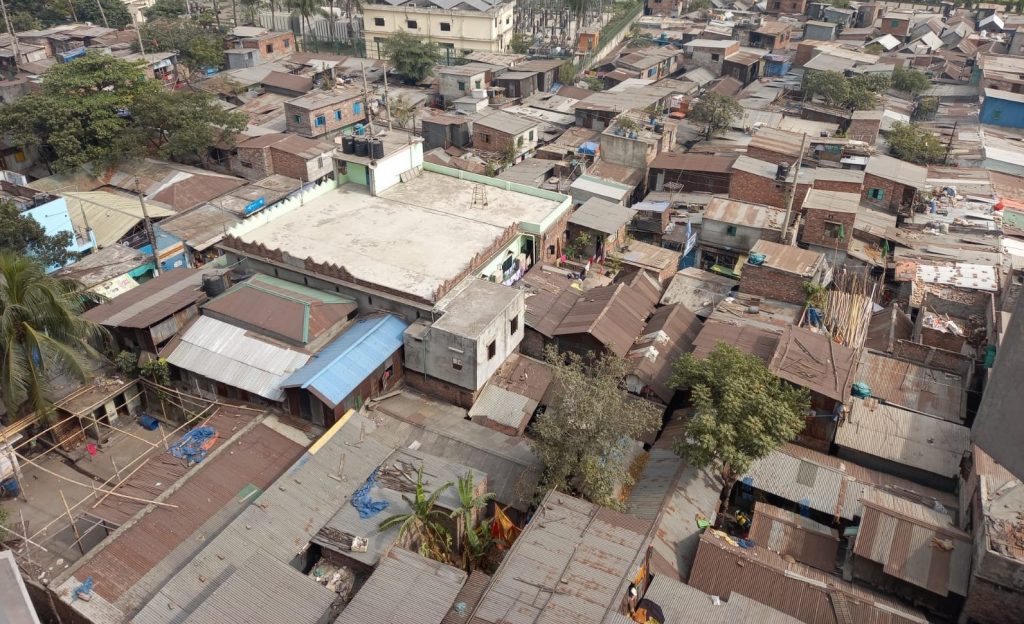
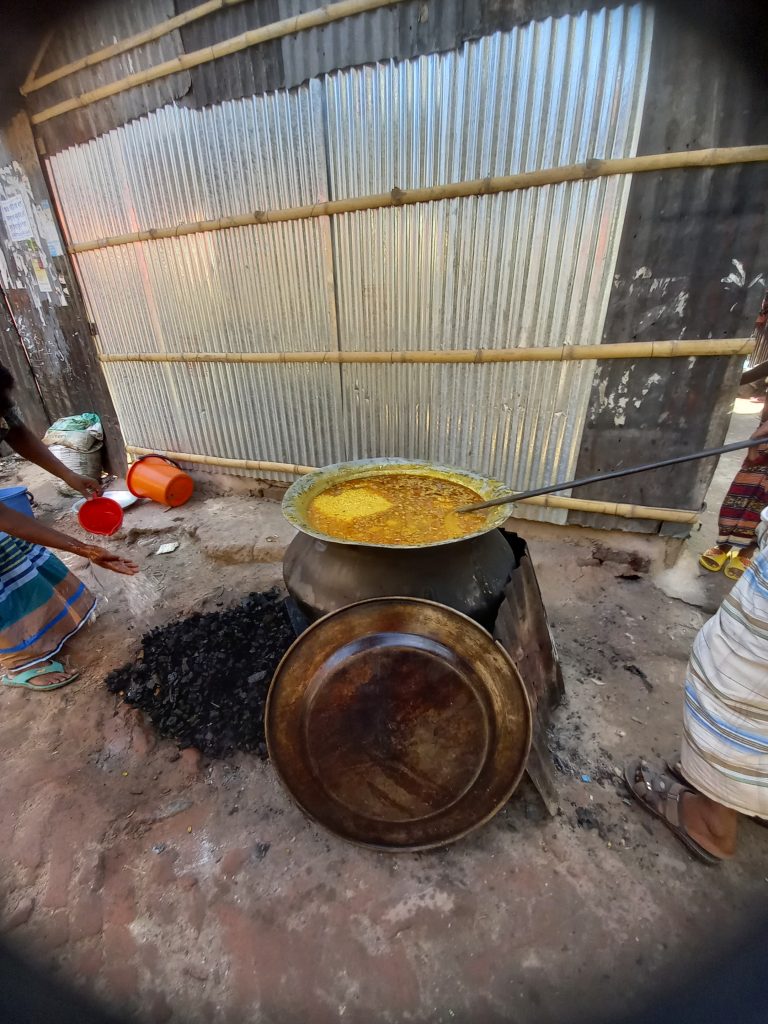
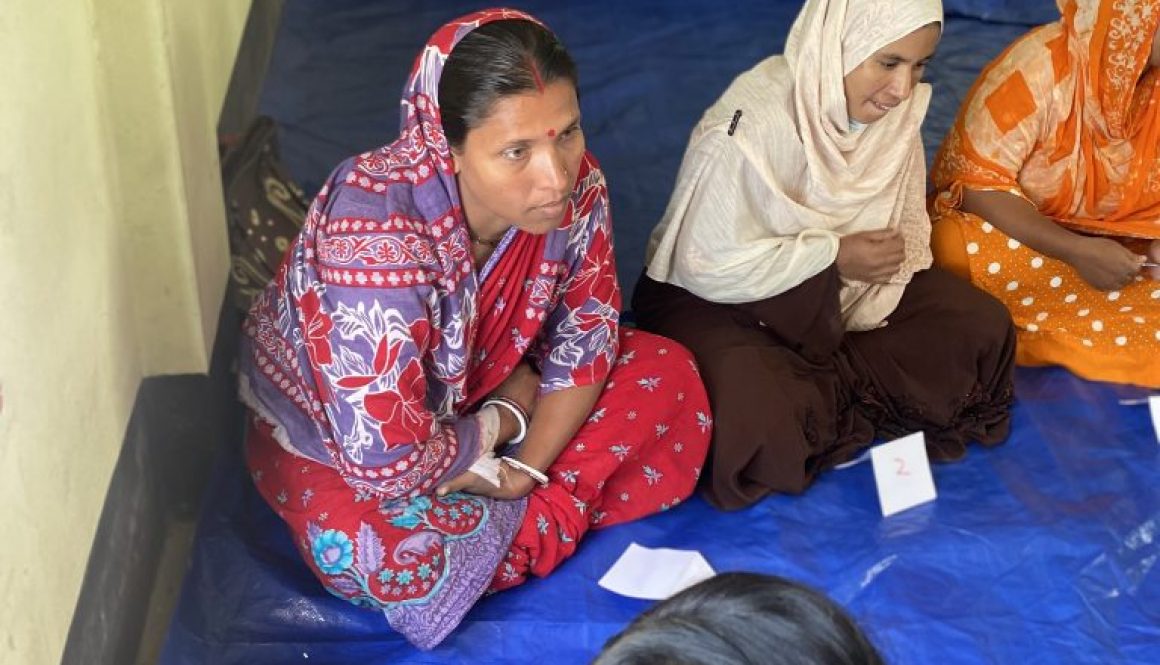
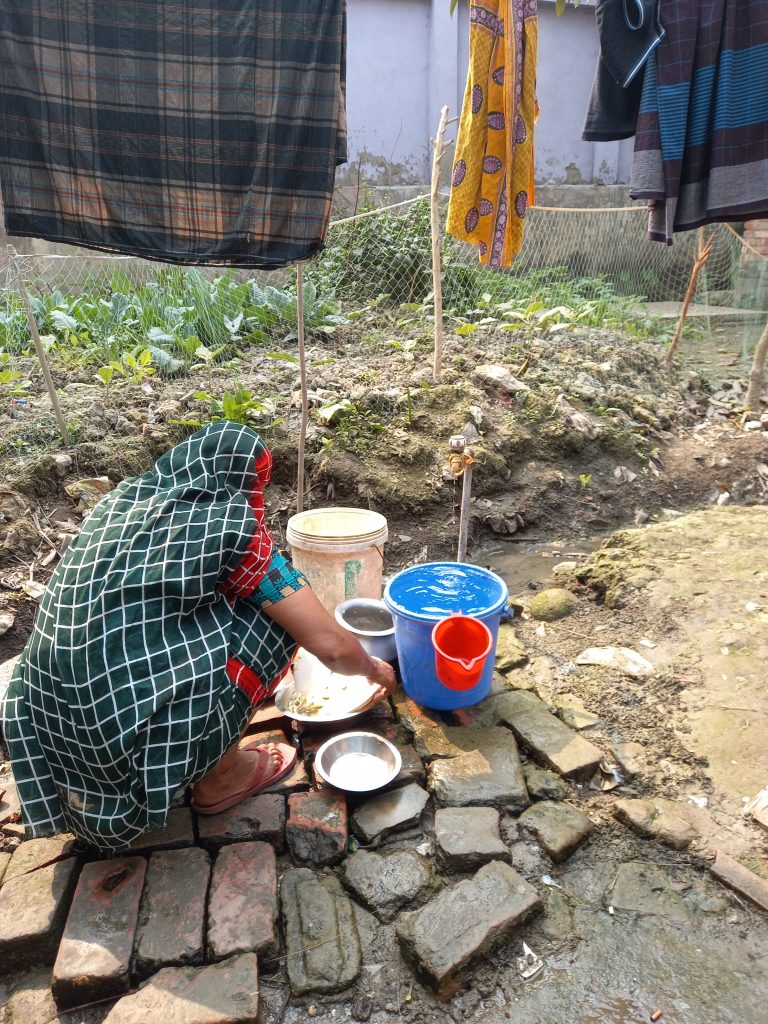
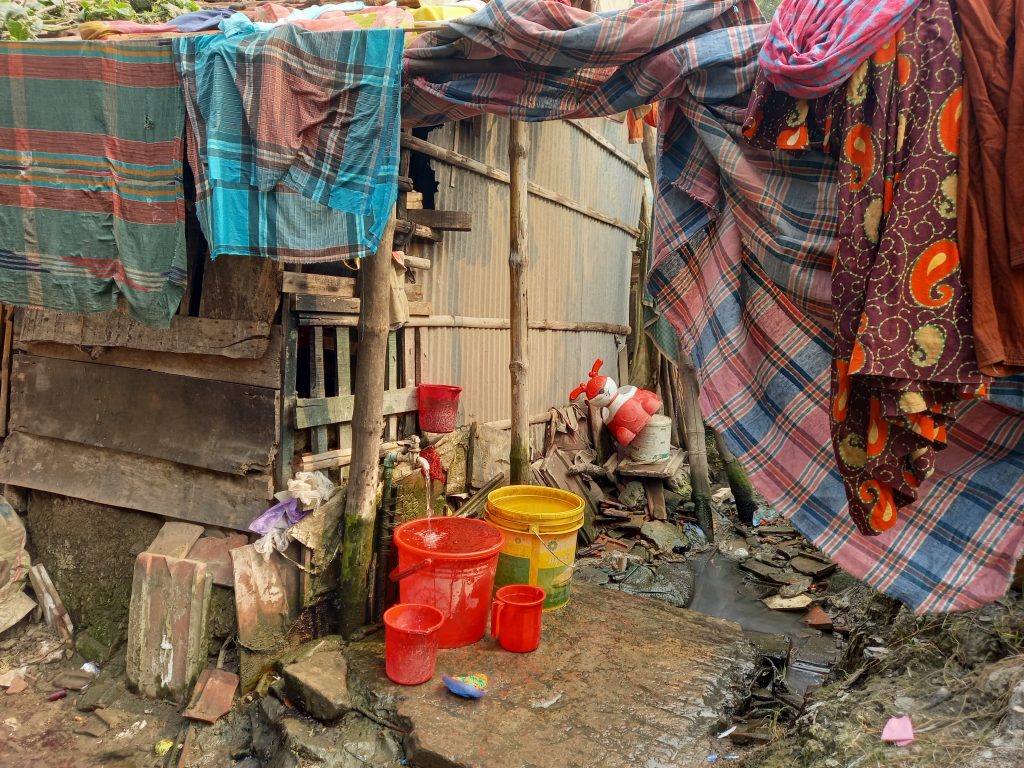
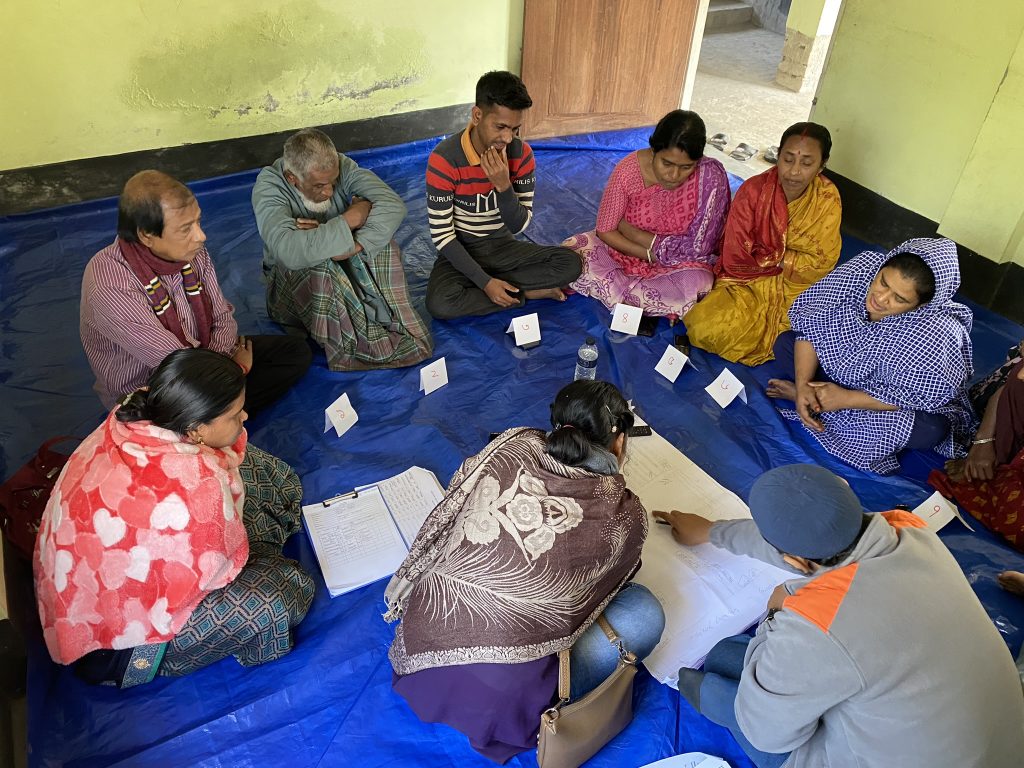
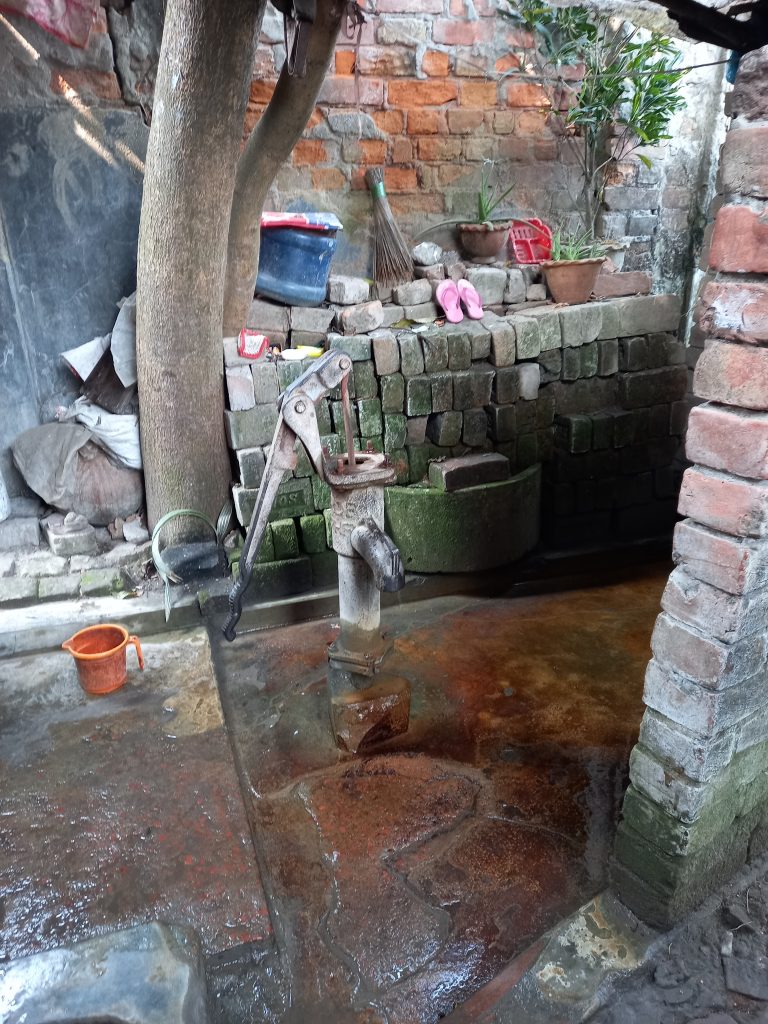
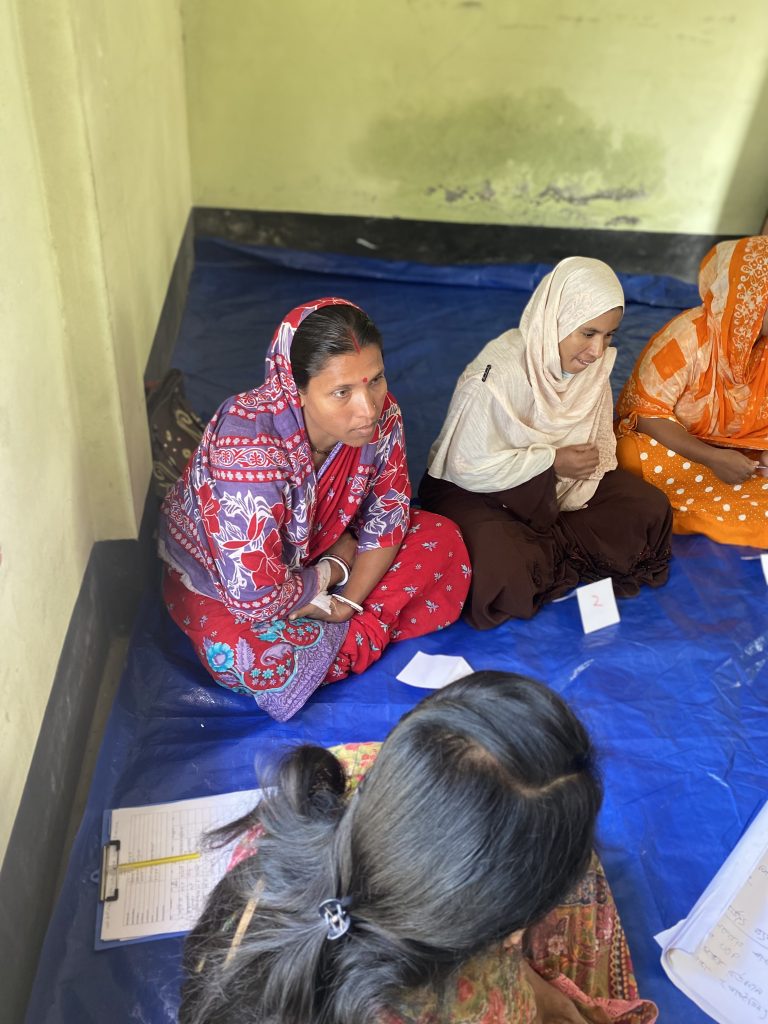
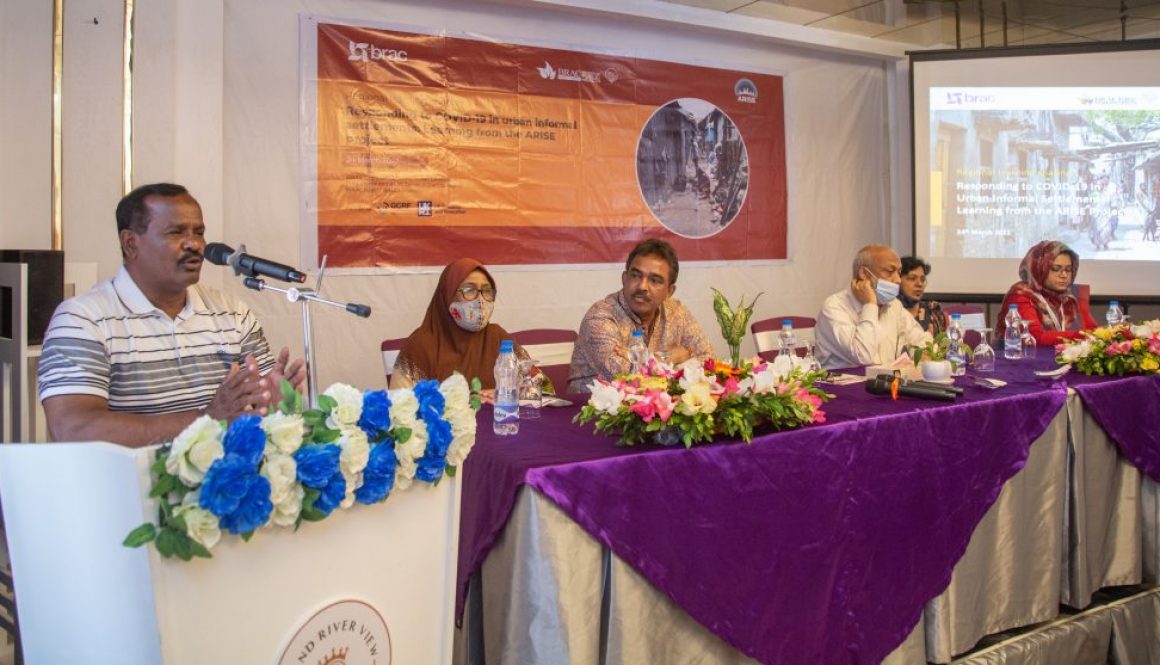
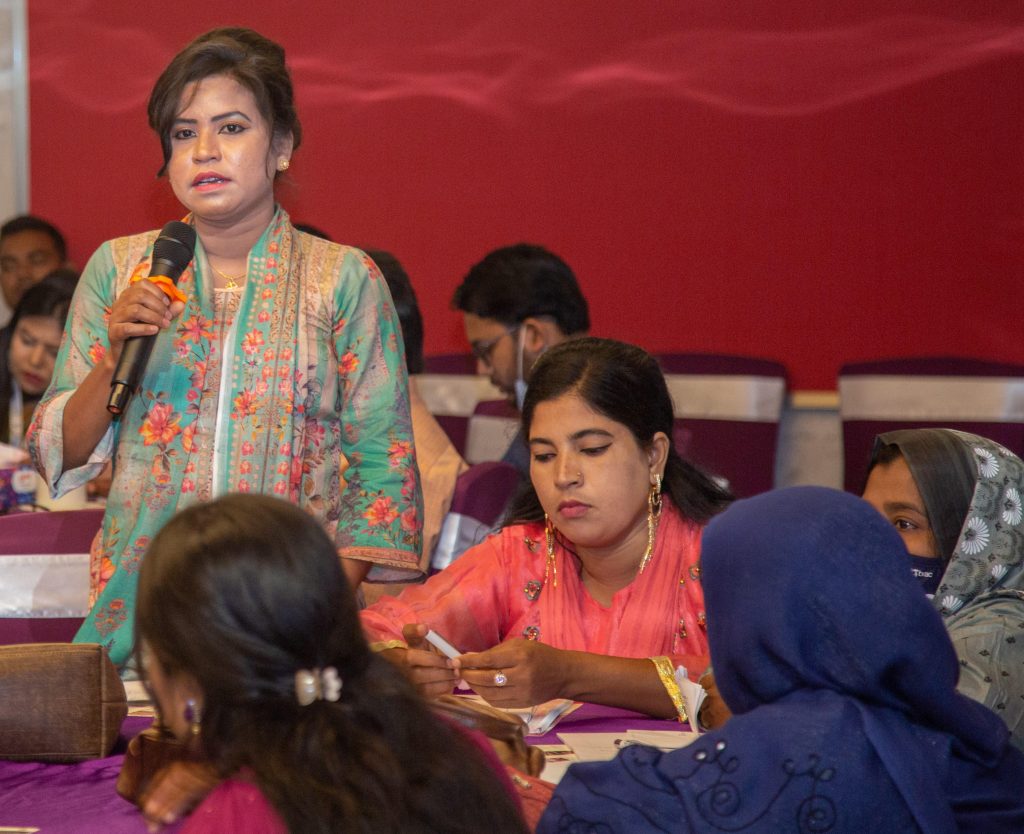
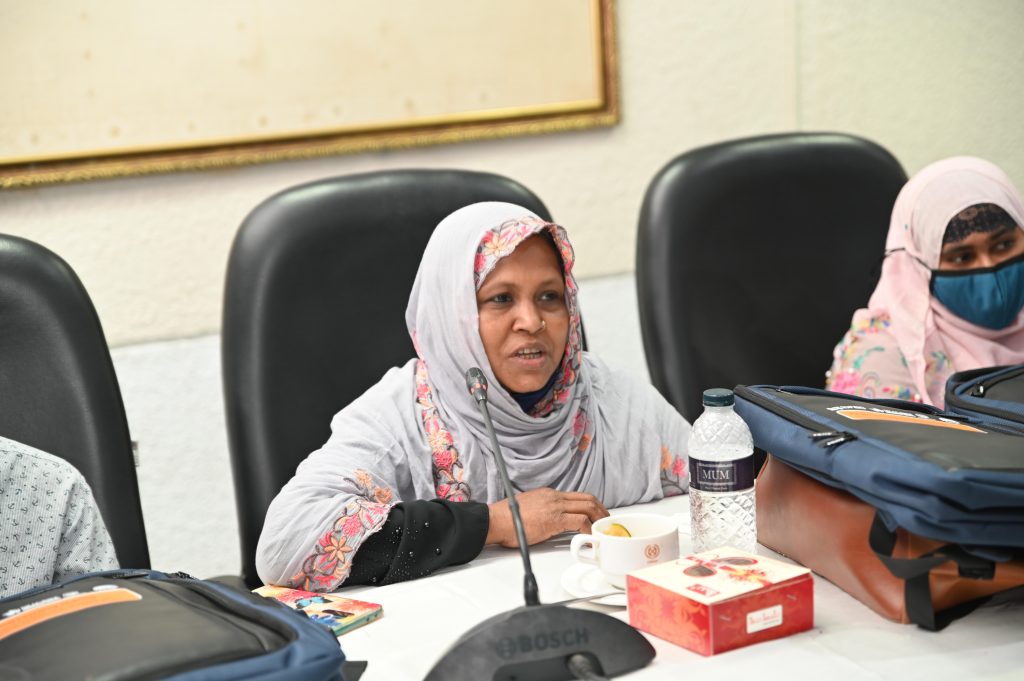
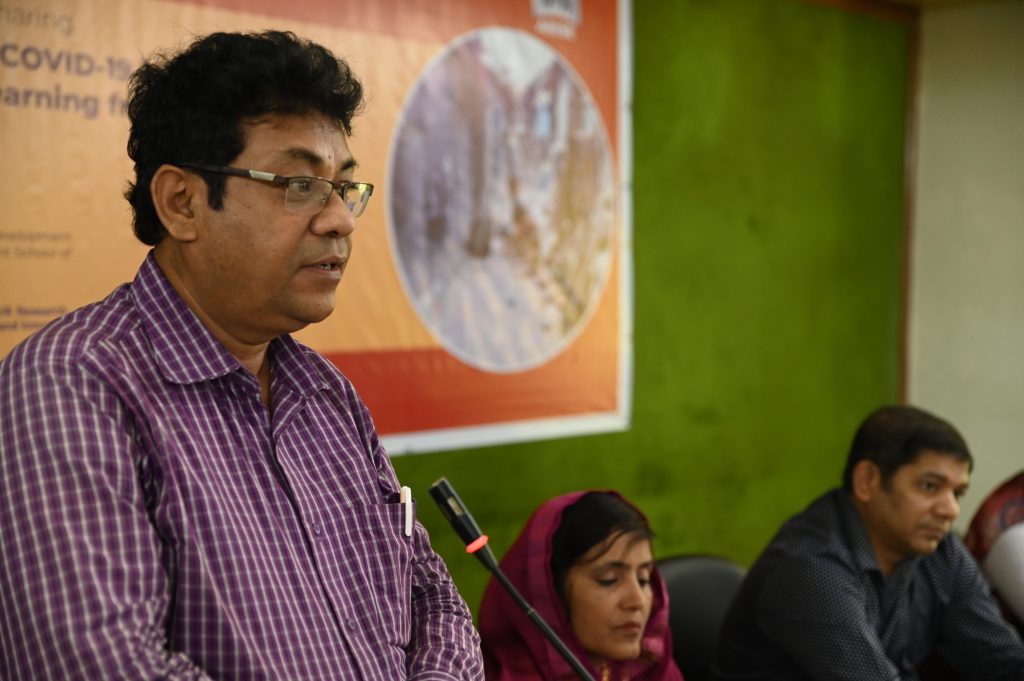
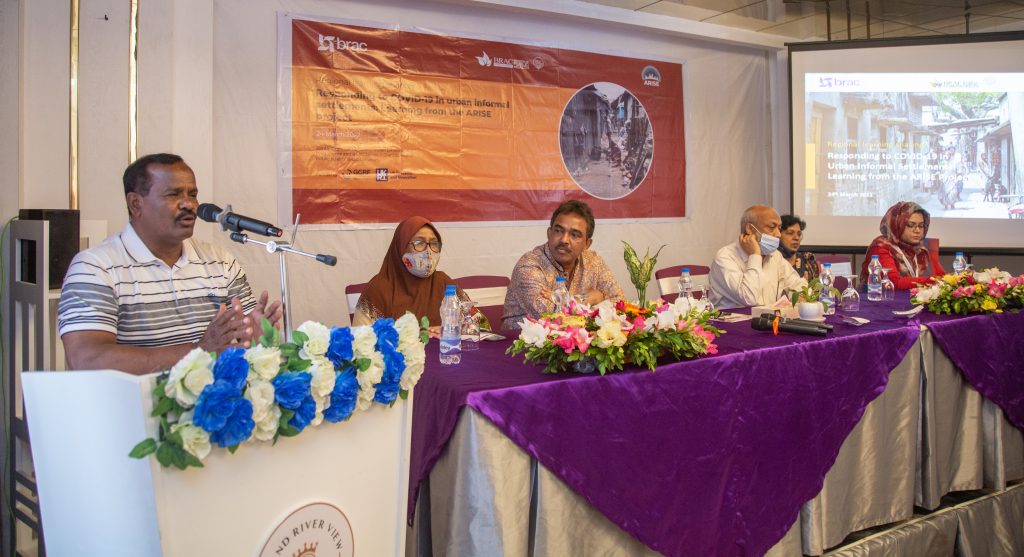
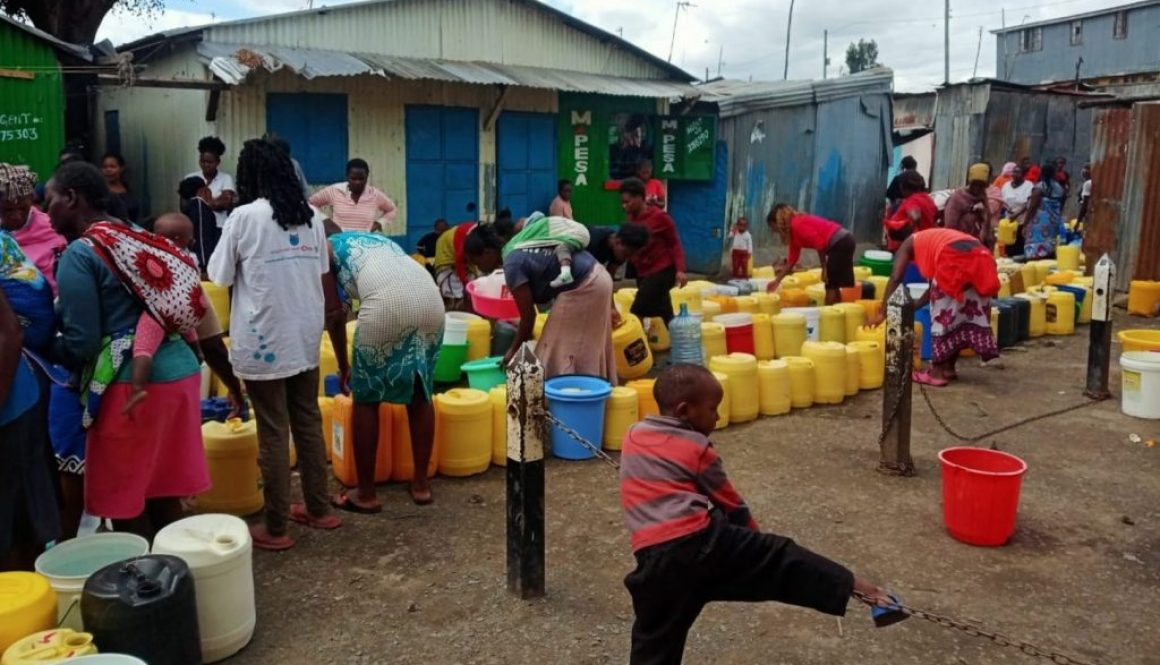
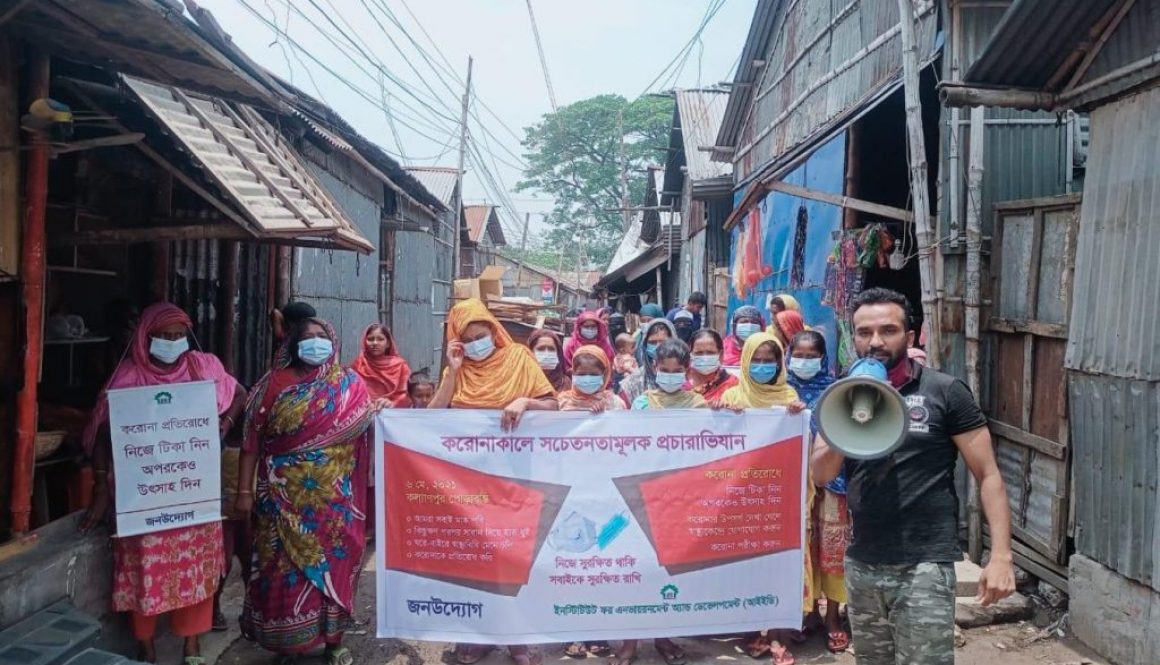
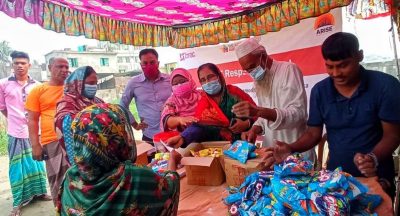
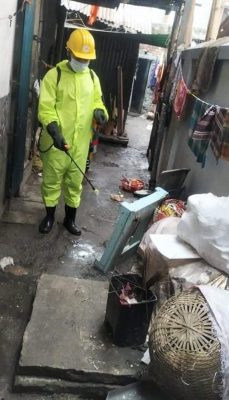
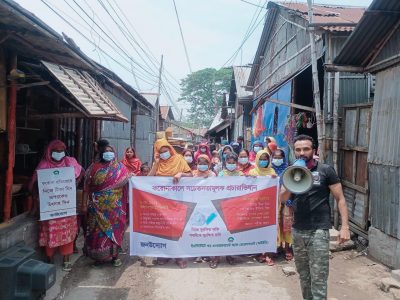
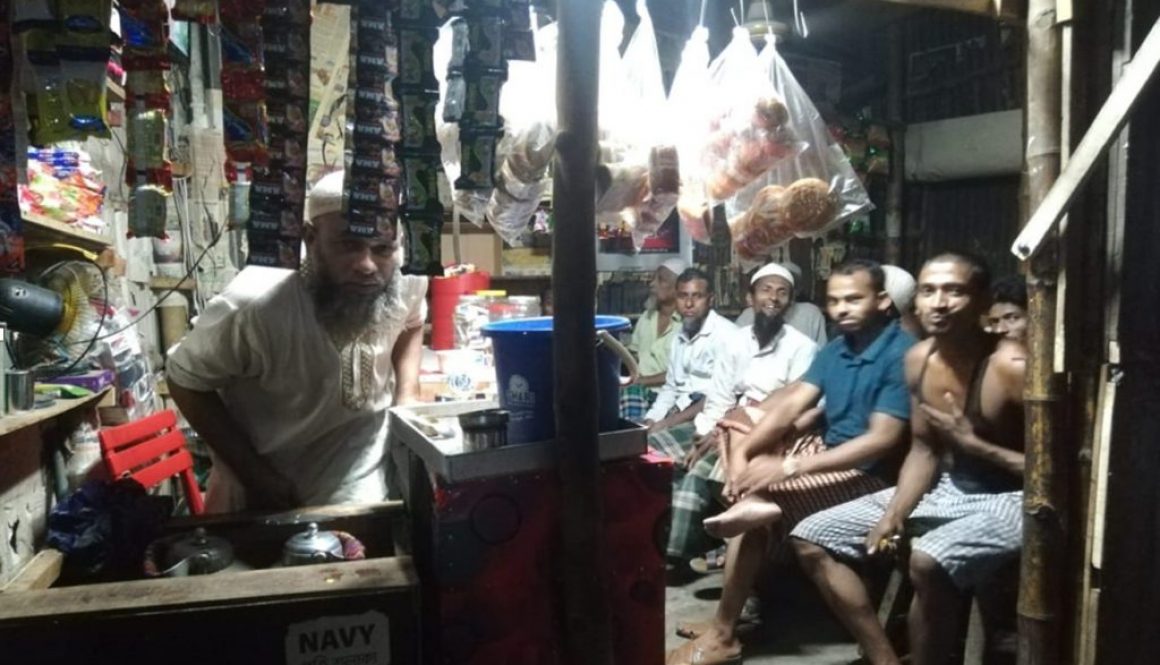
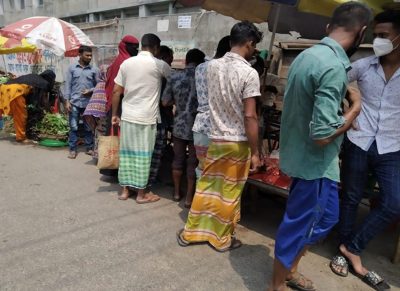 second lockdown. According to slum dwellers, where the poor slum population struggles to manage their daily foods, it is nothing but a luxury for them to follow lockdown. A resident of the Dholpur slum said, “We do not have rice in our house; what else can be happened by the corona!”
second lockdown. According to slum dwellers, where the poor slum population struggles to manage their daily foods, it is nothing but a luxury for them to follow lockdown. A resident of the Dholpur slum said, “We do not have rice in our house; what else can be happened by the corona!”